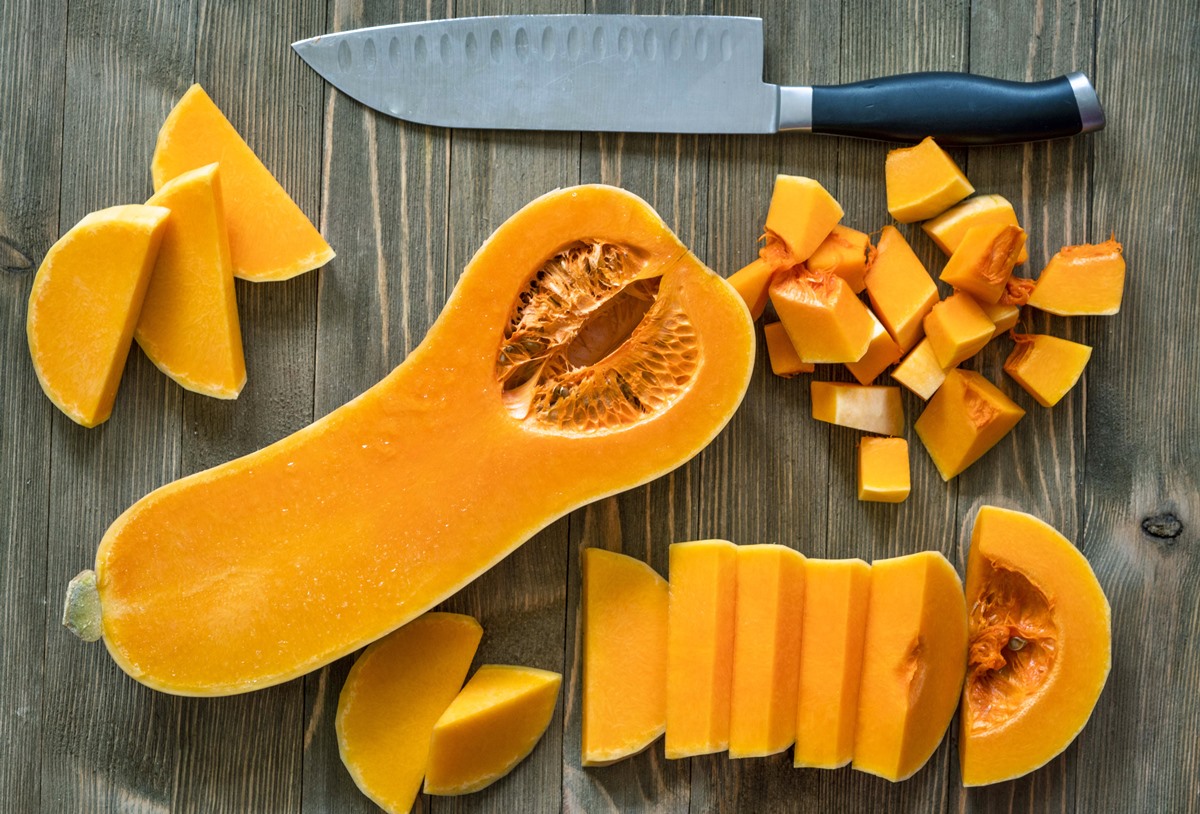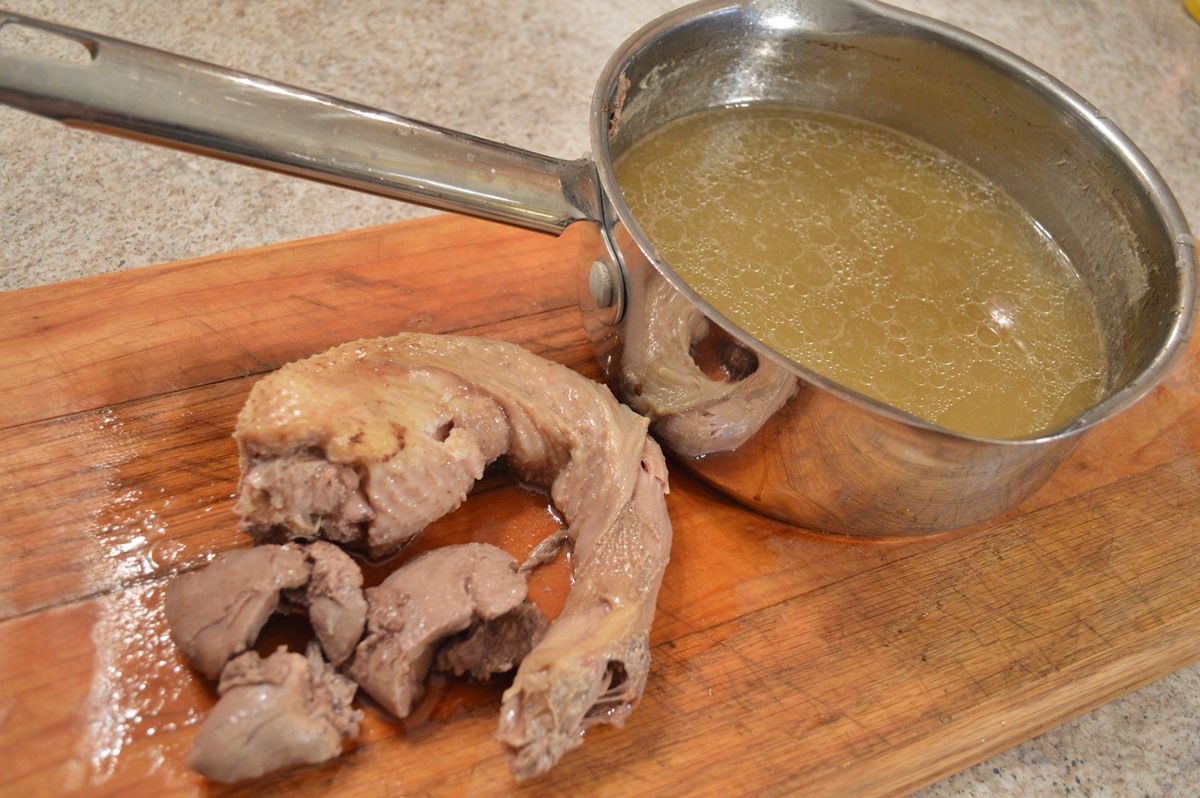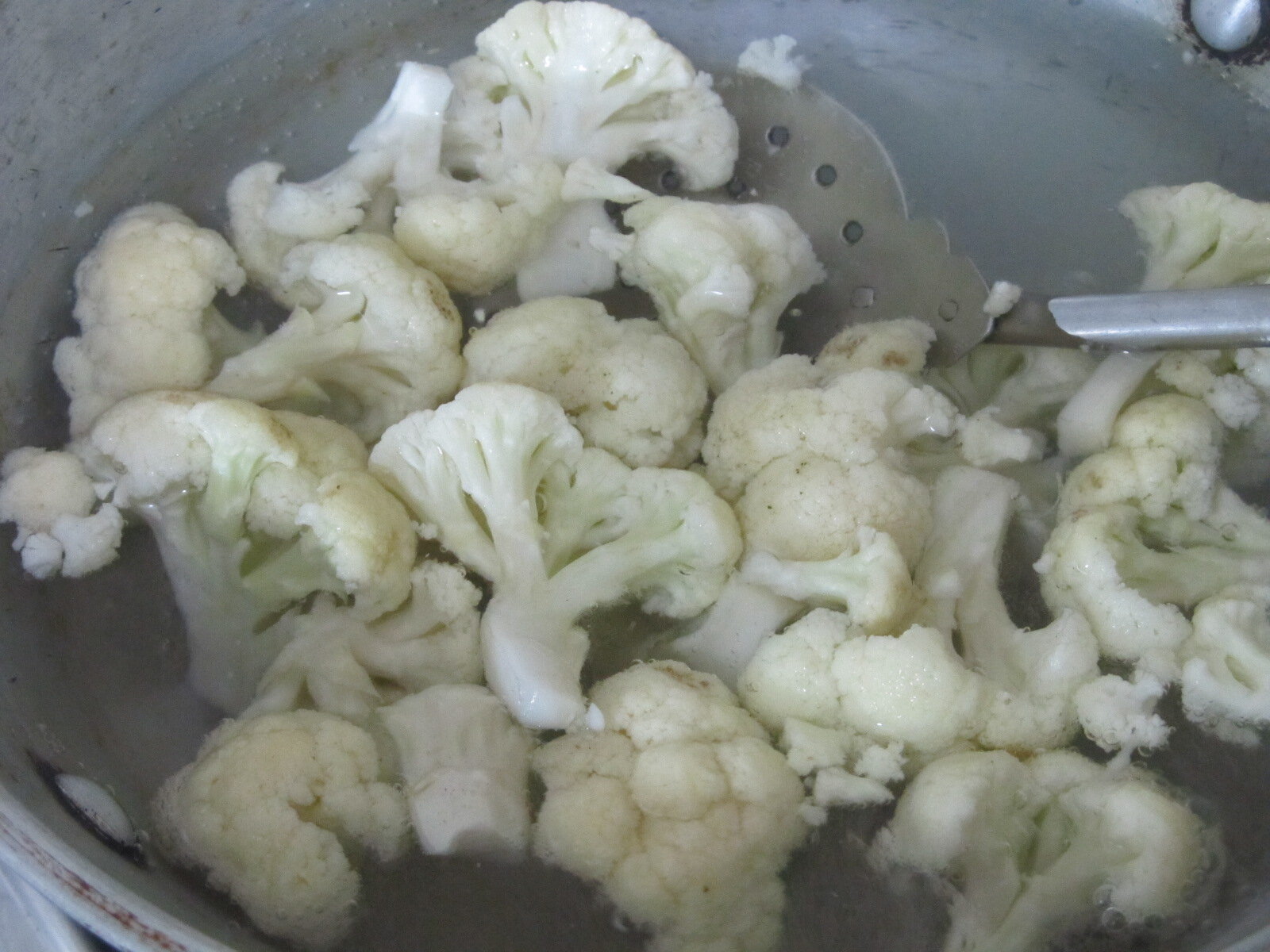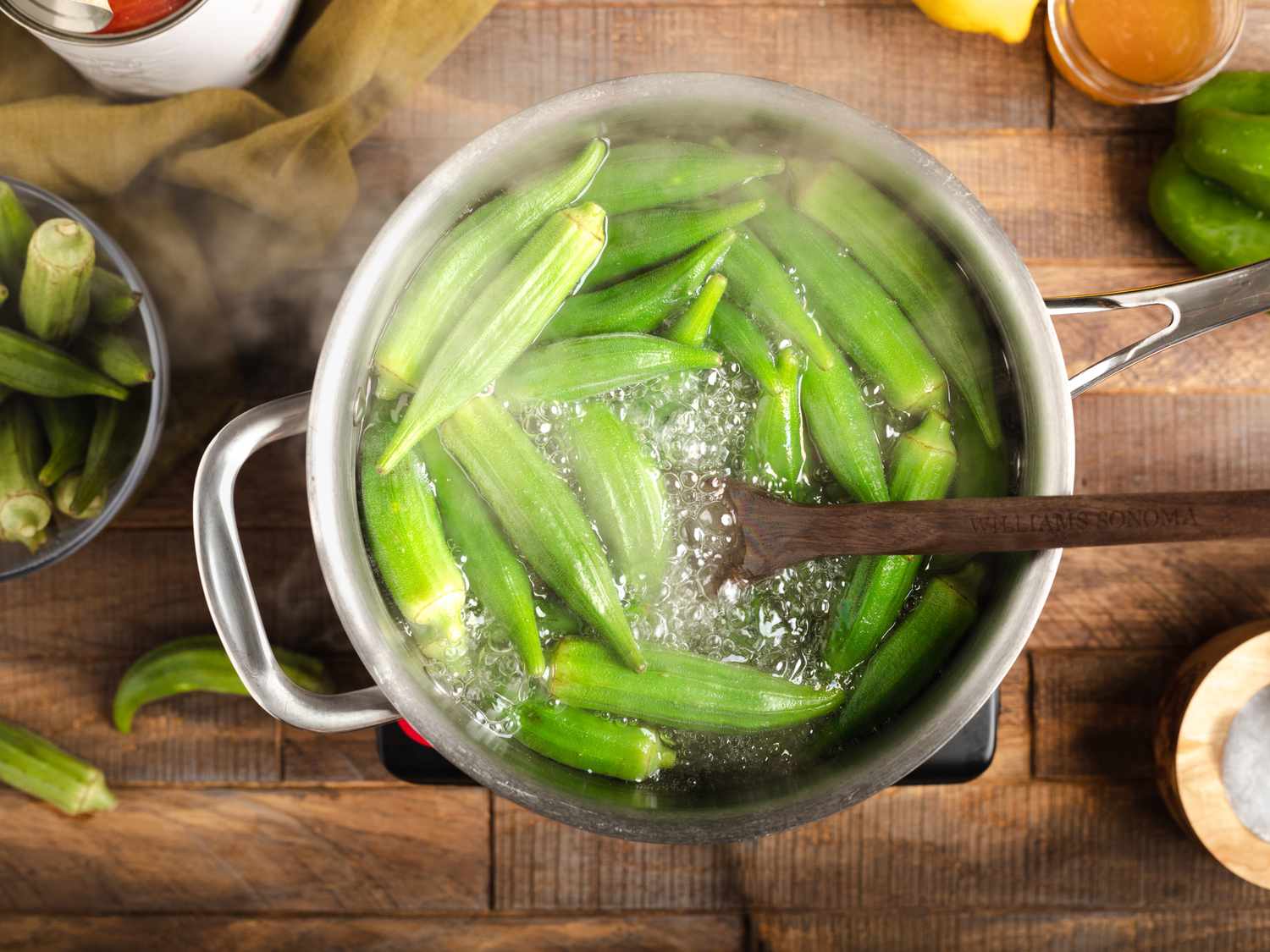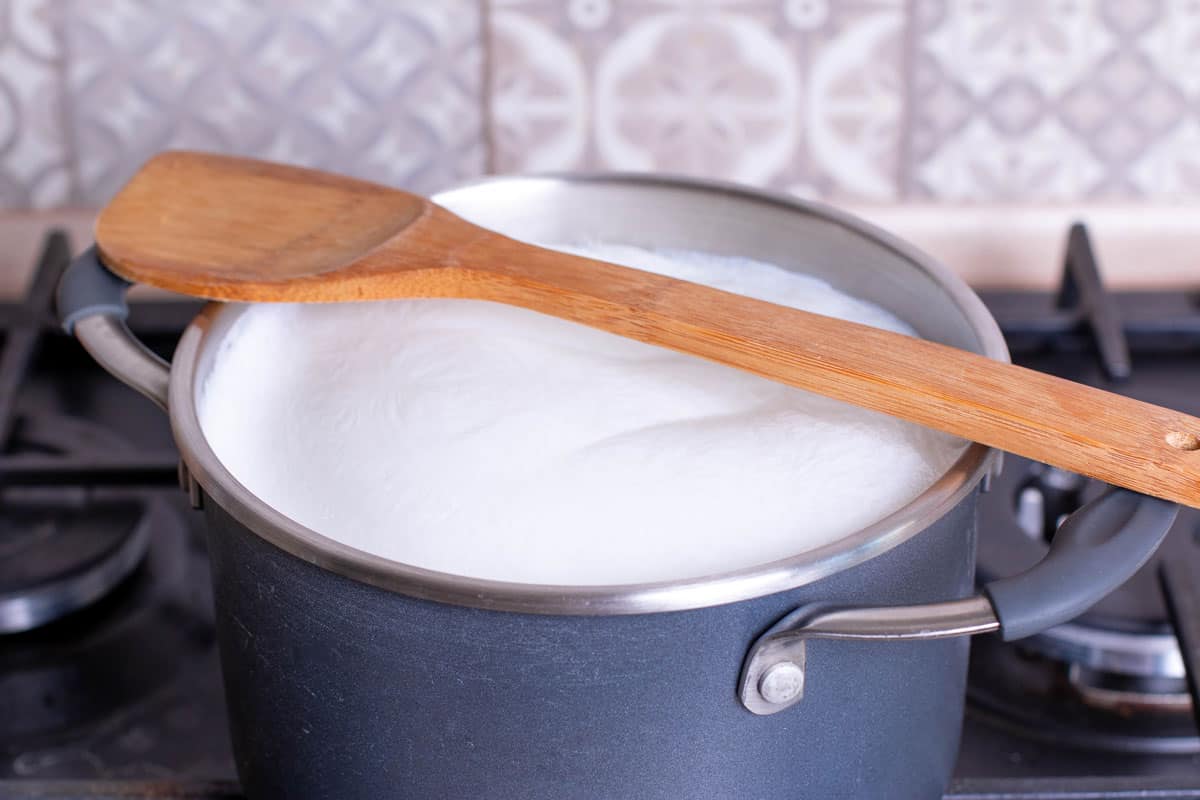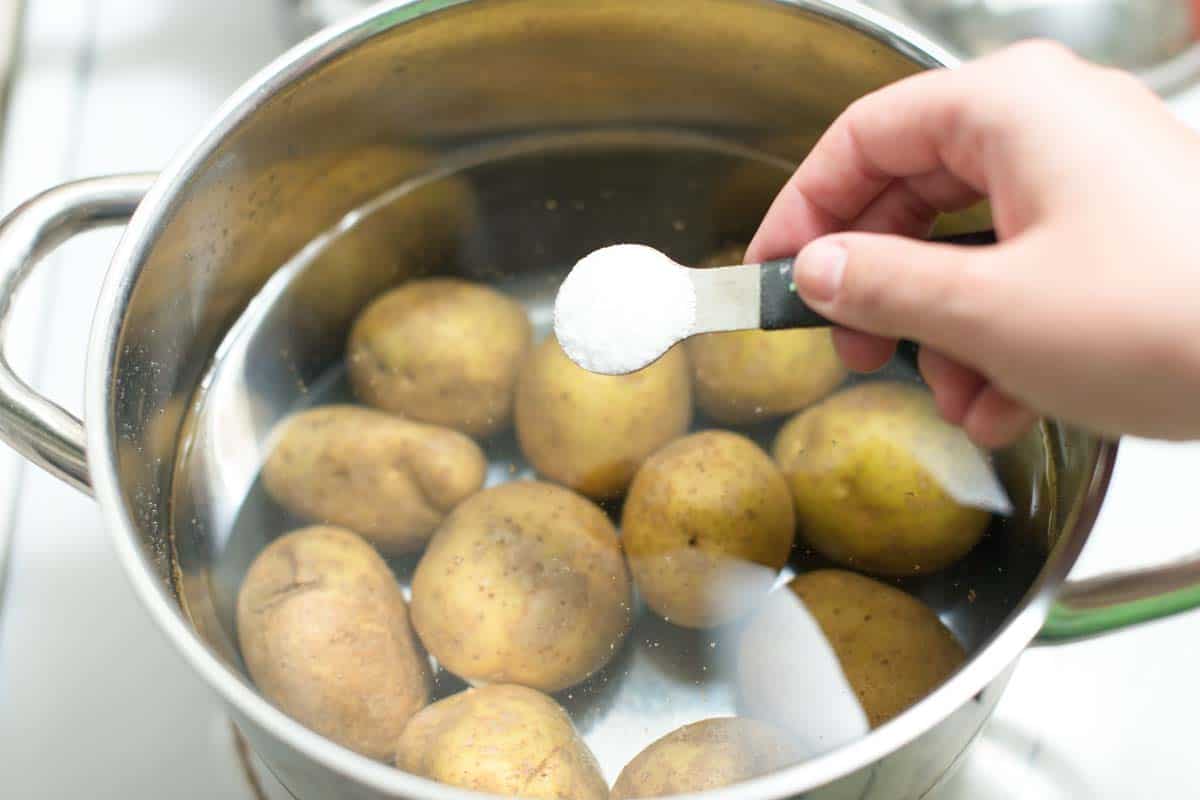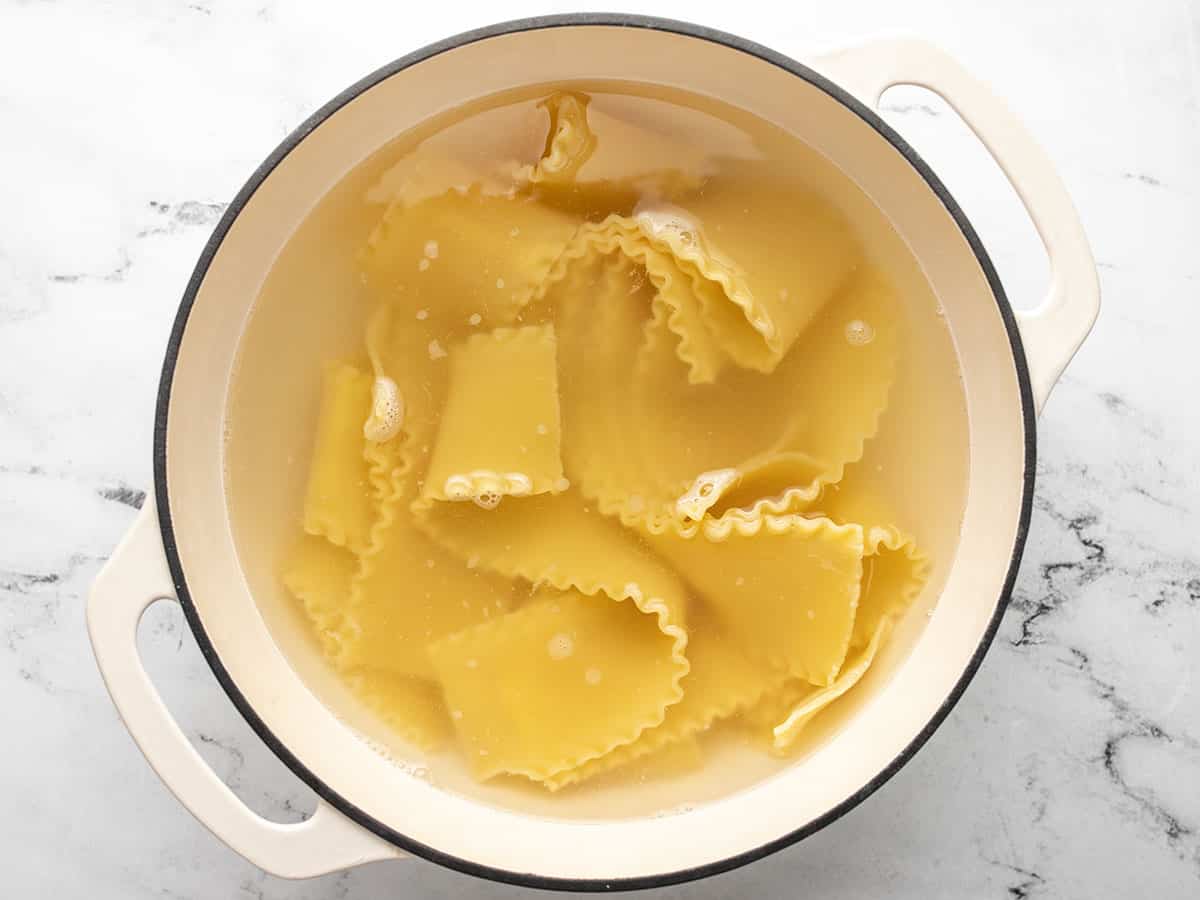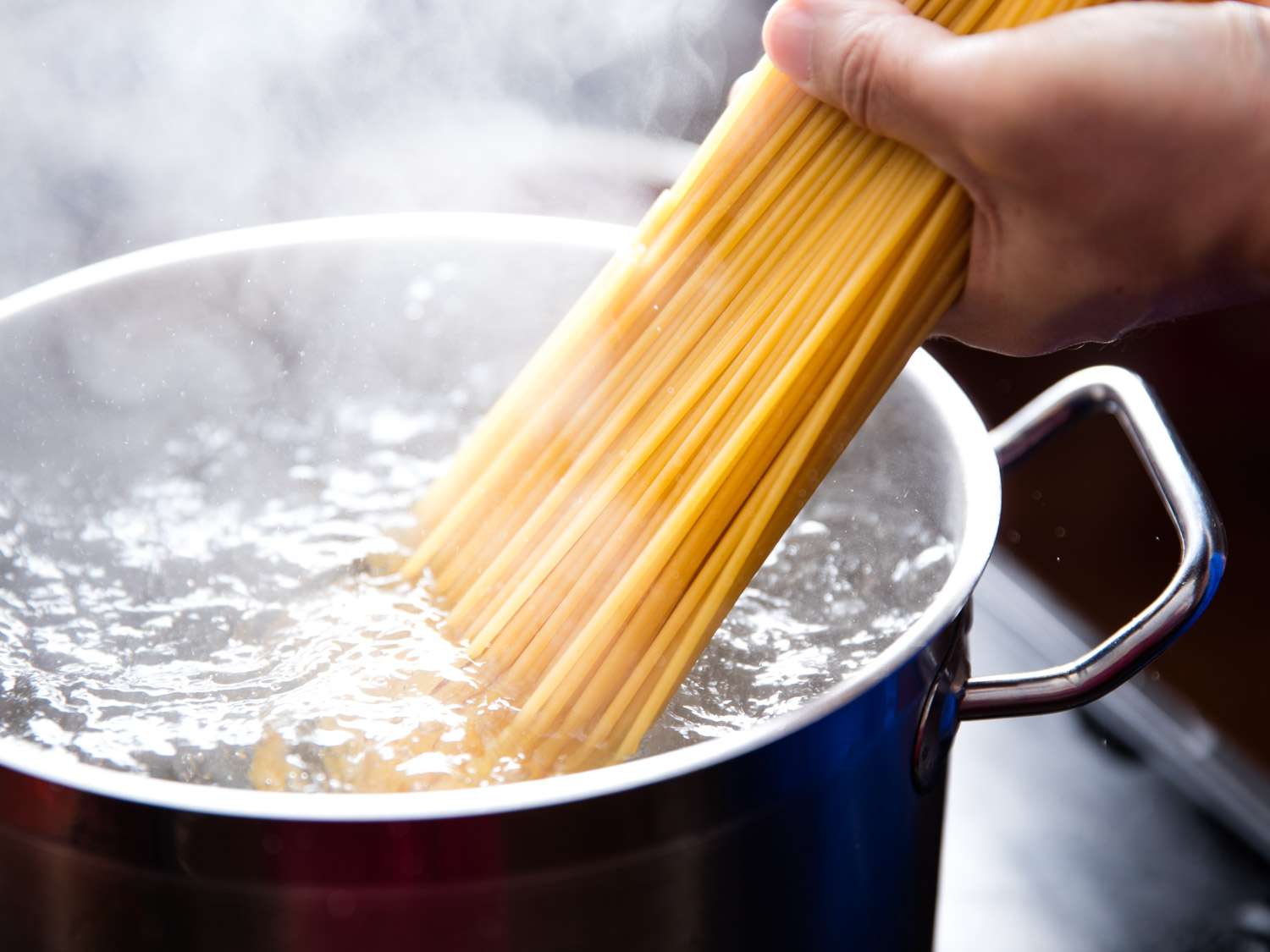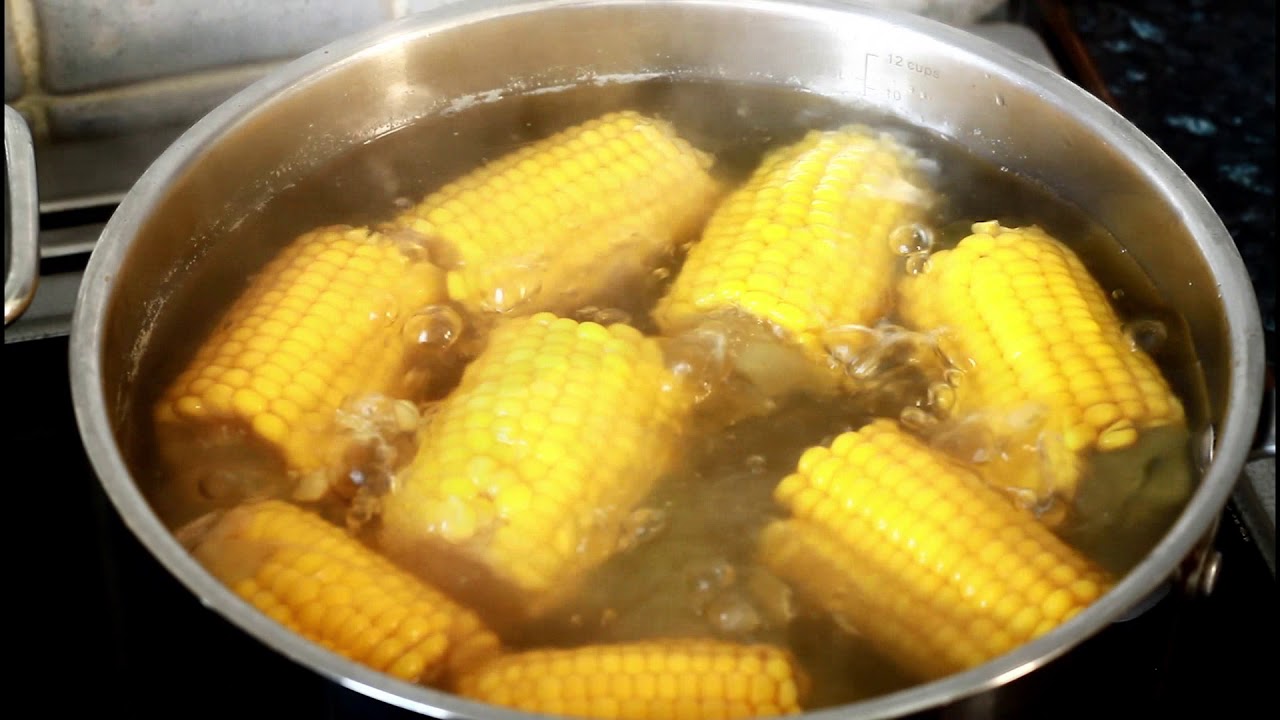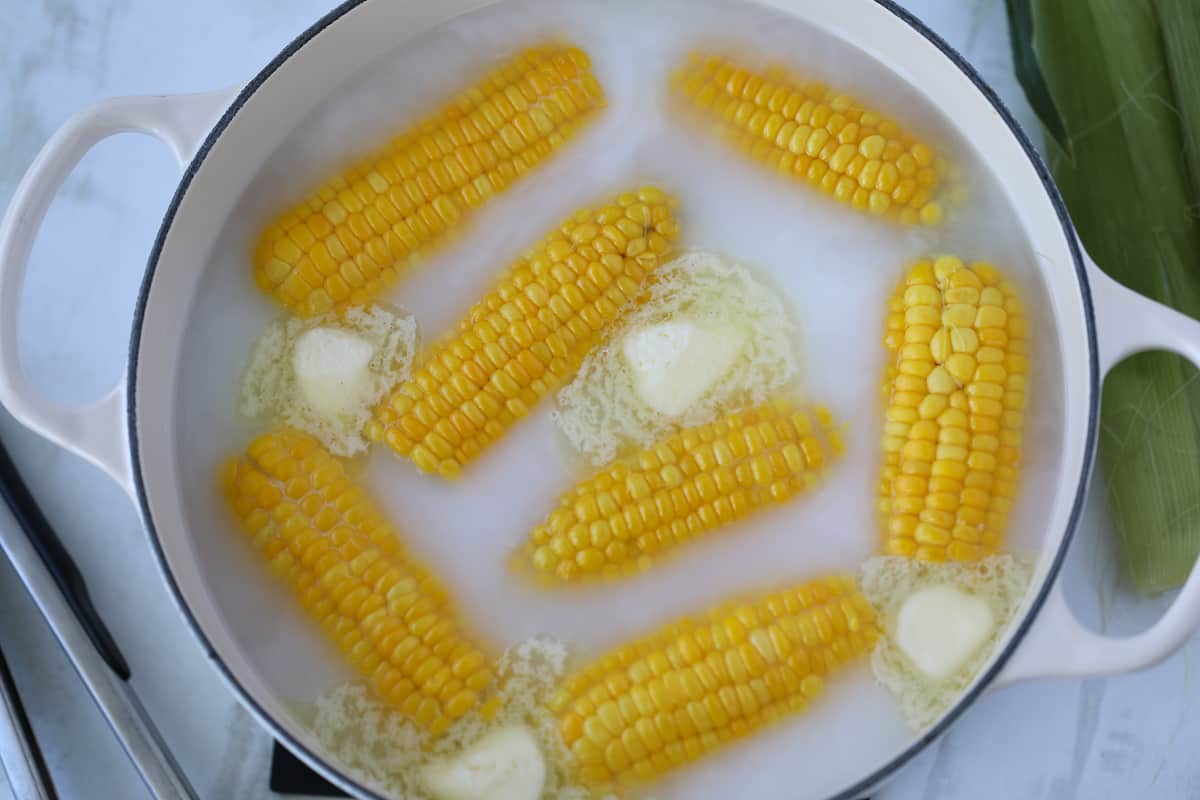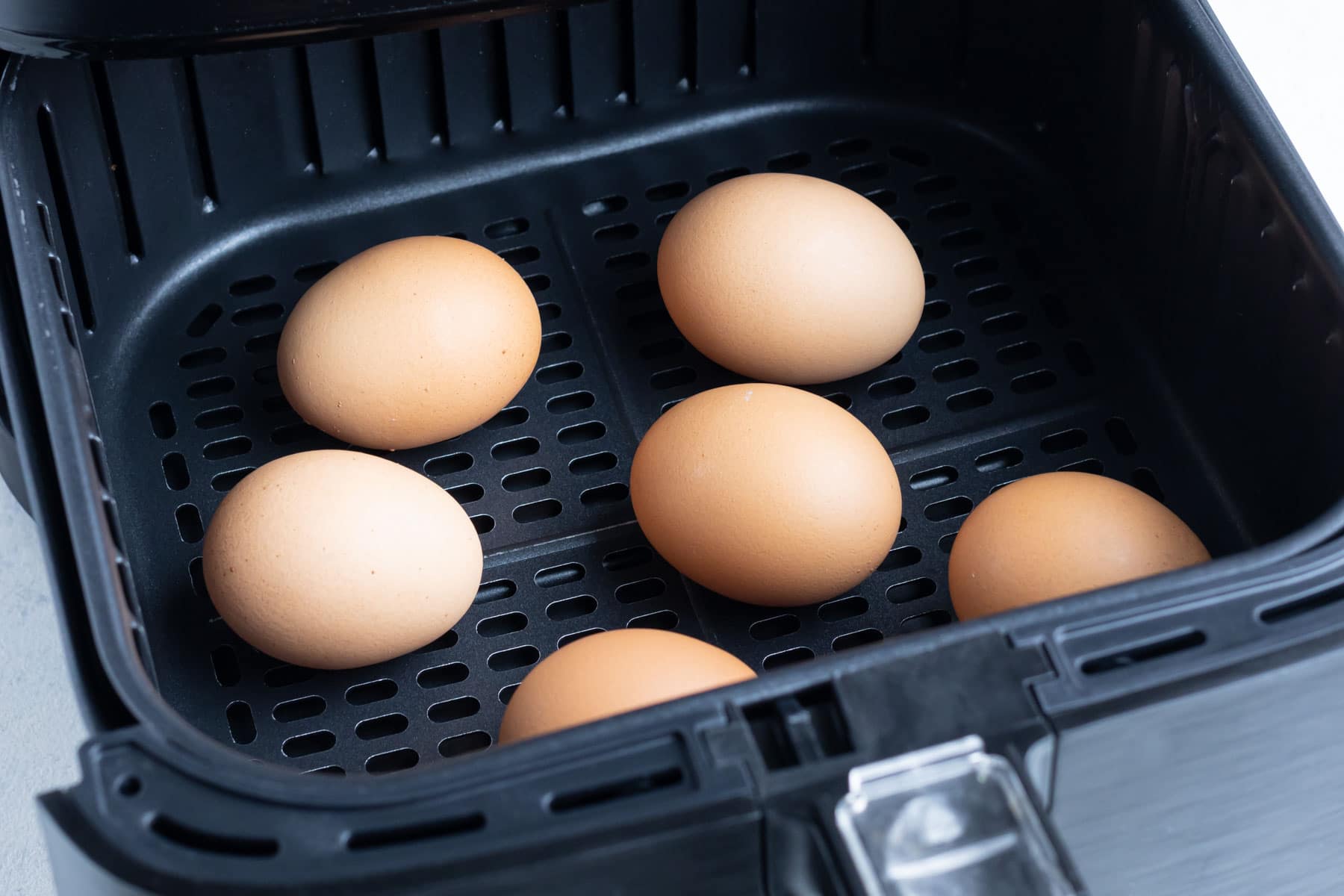Ever stood by your stove, watching a pot, waiting for water to boil? It feels like time slows down. But, fear not! There are simple tricks to speed up this process, making cooking more efficient and less of a waiting game. Whether you're a seasoned chef or someone just starting out in the kitchen, understanding how to boil water faster can save precious minutes. From choosing the right pot to leveraging the power of lids and salt, we'll dive into practical tips that turn the seemingly mundane task of boiling water into a swift, satisfying step in your culinary adventures.
Essential Ingredients for Speedy Water Boiling
- Pot or kettle
- Water
- Lid for pot or kettle
- Salt (optional)
Must-Have Tools to Boil Water Quickly
- Kettle (Electric or stovetop)
- Pot (Preferably with a wide base)
- Lid (For the pot)
- Stove (Gas or electric)
- Water (Fresh, preferably filtered)
- Thermometer (Optional, for precise temperature measurement)
For quicker boiling, use a kettle to heat water first, then transfer it to a pot. Covering the pot retains heat, speeding up the process. Starting with hot tap water helps too.
The Importance of Boiling Water Faster
Boiling water faster is a common kitchen goal, aiming to save time and energy. Quick boiling techniques can make meal prep more efficient, allowing cooks to focus on crafting their dishes without lengthy waits. Faster boiling also conserves energy, aligning with eco-friendly cooking practices by reducing gas or electricity use.
Understanding how to boil water quickly involves simple physics and practical kitchen hacks. Increasing surface area by using a wide pot, covering with a lid to trap heat, and starting with hot tap water can significantly speed up the process. These methods optimize heat transfer, making boiling not only swift but also more energy-efficient.
Your Quick Guide to Boiling Water Like a Pro
-
Start with hot tap water: Filling your pot with hot water from the tap can shave off a few minutes since it's already warmer than cold water.
-
Use a kettle: If you have an electric kettle, heat your water in it first, then transfer the hot water to your pot. Kettles are designed to boil water quickly.
-
Cover the pot with a lid: Keeping the lid on traps heat inside, making water boil faster.
-
Choose the right pot: A wider pot has more surface area, which helps water heat up faster. However, ensure it's not too shallow to prevent water from evaporating too quickly.
-
Use a flame diffuser on gas stoves: This tool spreads the flame across the bottom of the pot, heating it more evenly and quickly.
-
Minimize the amount of water: Only use as much water as you need. More water takes longer to boil.
-
Add salt: While this doesn't significantly speed up boiling, it can increase the water's boiling temperature, which is useful for cooking.
-
Use a pressure cooker: If you have one, a pressure cooker can boil water incredibly fast due to the increased pressure inside the pot.
-
Turn up the heat: But watch closely to avoid boiling over once the water reaches its boiling point.
-
Cut ingredients into smaller pieces: If you're boiling water to cook food, smaller pieces will cook faster in boiling water.
-
Preheat the pot: Before adding water, heat the pot for a few minutes. This reduces the time it takes for the water to warm up.
-
Combine methods: For the quickest boil, combine several of these tips. For example, start with hot tap water, fill a kettle, then transfer it to a preheated, covered pot on the stove.
-
Use an induction cooktop: If available, induction cooktops heat pots and water faster than traditional electric or gas stoves.
-
Avoid opening the lid: Each time you lift the lid, steam escapes, lowering the temperature and slowing down the boiling process.
-
Optimize pot placement: On gas stoves, ensure the flame is centered under the pot. On electric stoves, use a burner that matches the pot's size for even heating.
Mastering the Art of Quick Boiling
Boiling water faster isn't just about saving time; it's about efficiency in the kitchen. Remember, starting with hot tap water, using a kettle, and covering your pot can significantly speed up the process. Opting for a wider pot over a taller one also makes a difference by exposing more water surface to heat. For those with an electric stove, preheating the burner is a clever trick not to be overlooked. And let's not forget, salt does more than just flavor your water; it can also raise the boiling point, albeit slightly. Implementing these strategies won't just boil water faster; they'll make you a more proficient cook. So next time you're in a rush or just eager to get dinner started, put these tips to the test. They're game-changers in the culinary world.
More Recipes to Speed Up Your Boiling
Now that you've mastered the art of boiling water quickly, it's time to put this skill to good use with a variety of recipes that can benefit from your newfound efficiency. From Quick Boil Pasta Primavera to Speedy Boil Couscous, these dishes are perfect for any chef looking to cut down on kitchen time without sacrificing quality. We especially recommend trying the Fast Boiled Vegetable Broth and Quick Boil Chicken Noodle Soup for a comforting meal on a busy day. Each recipe leverages the quick boiling method to enhance flavors and reduce cooking time, making your culinary routine both efficient and delightful.
All Your Questions About Boiling Water Answered
How can I boil water faster?
Cranking up the heat isn't the only way to boil water quicker. Try using a kettle or an electric kettle; their design is specifically for heating water efficiently. Also, consider covering your pot with a lid; it traps heat inside, speeding up the boiling process.
What's the quickest method to boil water in a kitchen?
For sheer speed, an electric kettle wins hands down, especially if you're only boiling a small amount. For larger volumes, a covered pot on the stove is your best bet. Remember, starting with hot tap water can also shave off a few minutes.
Does salt really help water boil faster?
Adding salt does increase the boiling point of water, but the effect is minimal. You won't notice a significant difference in boiling time. Salt is more about flavoring your food than speeding up the process.
Can the pot or pan I use affect how quickly water boils?
Absolutely! Thin, lightweight pots heat up faster than thick, heavy ones. However, they might not distribute heat as evenly. For a good balance, choose a medium-weight pot that conducts heat well, like stainless steel with an aluminum core.
Is there a difference in boiling time between gas and electric stoves?
Yes, there can be. Gas stoves often heat pots more quickly because the flames directly contact the pot's bottom. Electric stoves might take a bit longer, especially if they have coil elements. Induction cooktops, however, are a game-changer, boiling water incredibly fast.
How does altitude affect boiling water?
At higher altitudes, air pressure is lower, so water boils at a lower temperature. This means it'll reach the boiling point faster but at a temperature lower than 212°F (100°C). However, because of the lower boiling point, foods might take longer to cook through.
Can I boil water faster by starting with hot tap water?
Starting with hot tap water can indeed reduce your boiling time. Just be cautious about using hot tap water for cooking or drinking, as it can contain more dissolved minerals and potentially lead from pipes. For cooking, it's safer to heat cold water.
Was this page helpful?
Read Next: How To Boil Sweet Potatoes Whole
